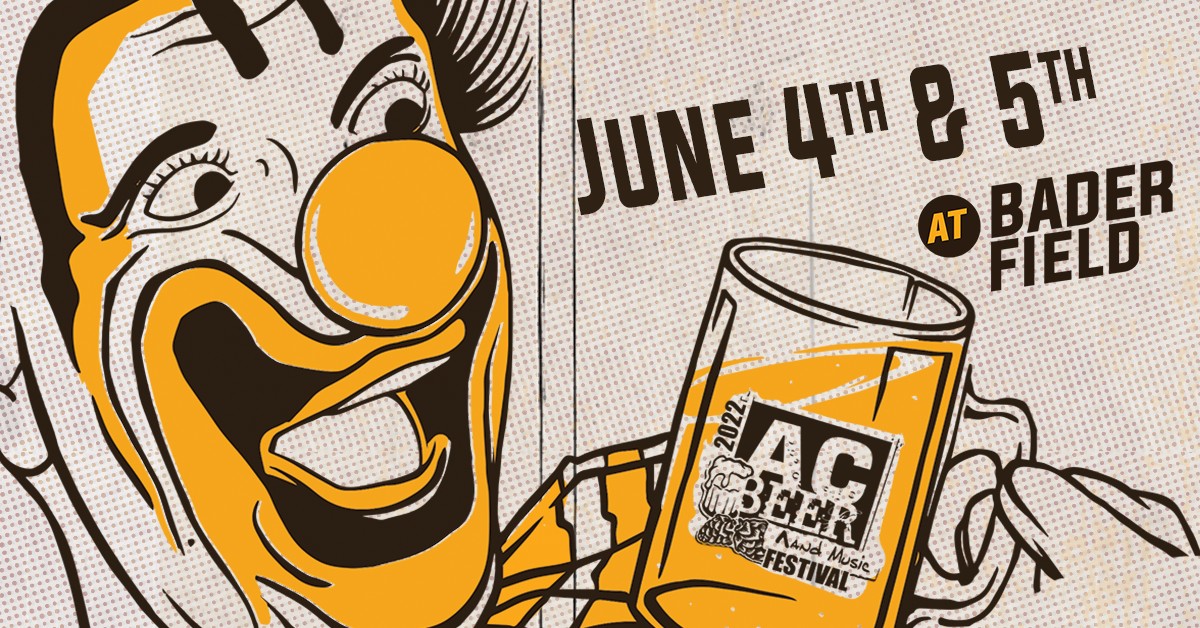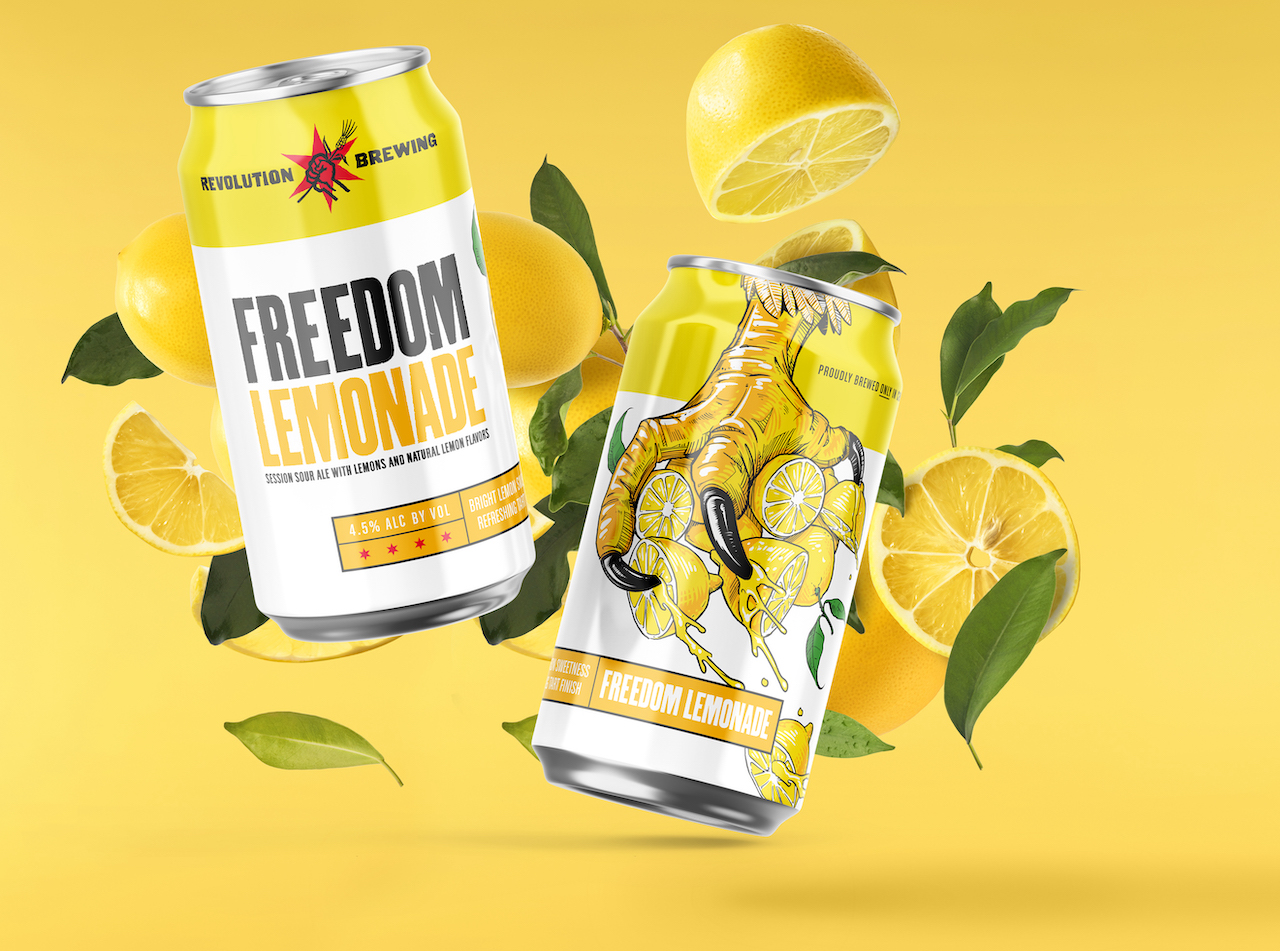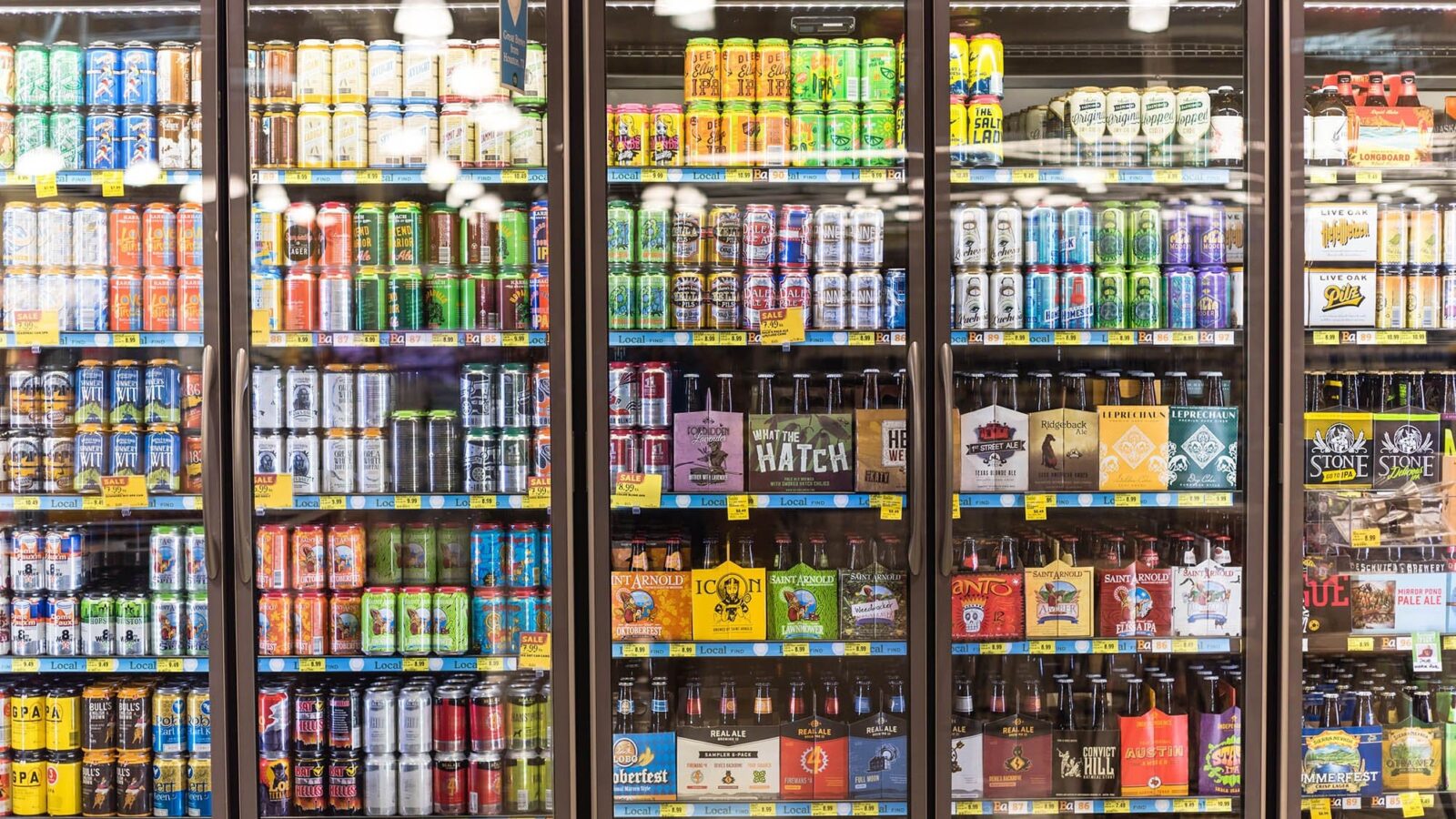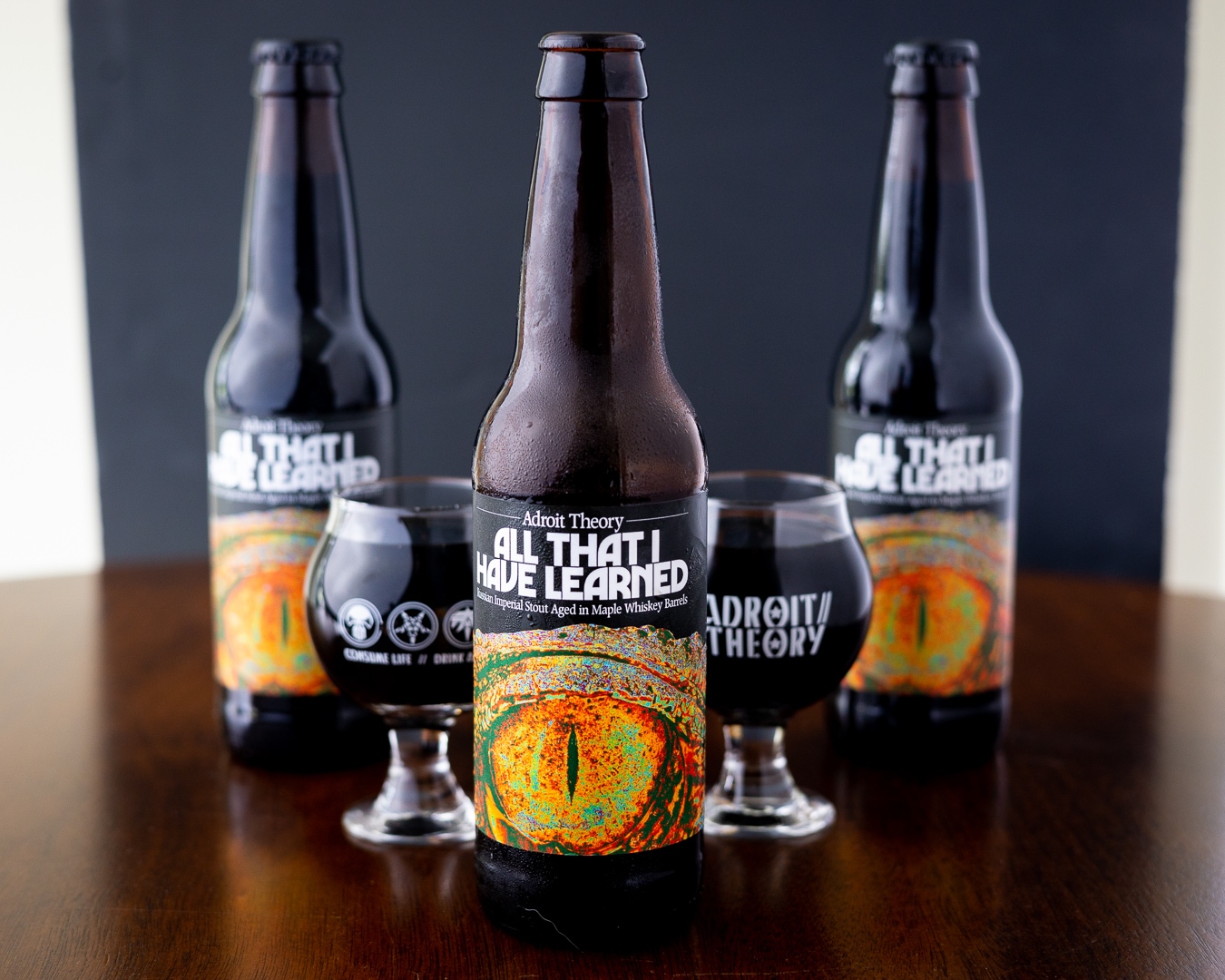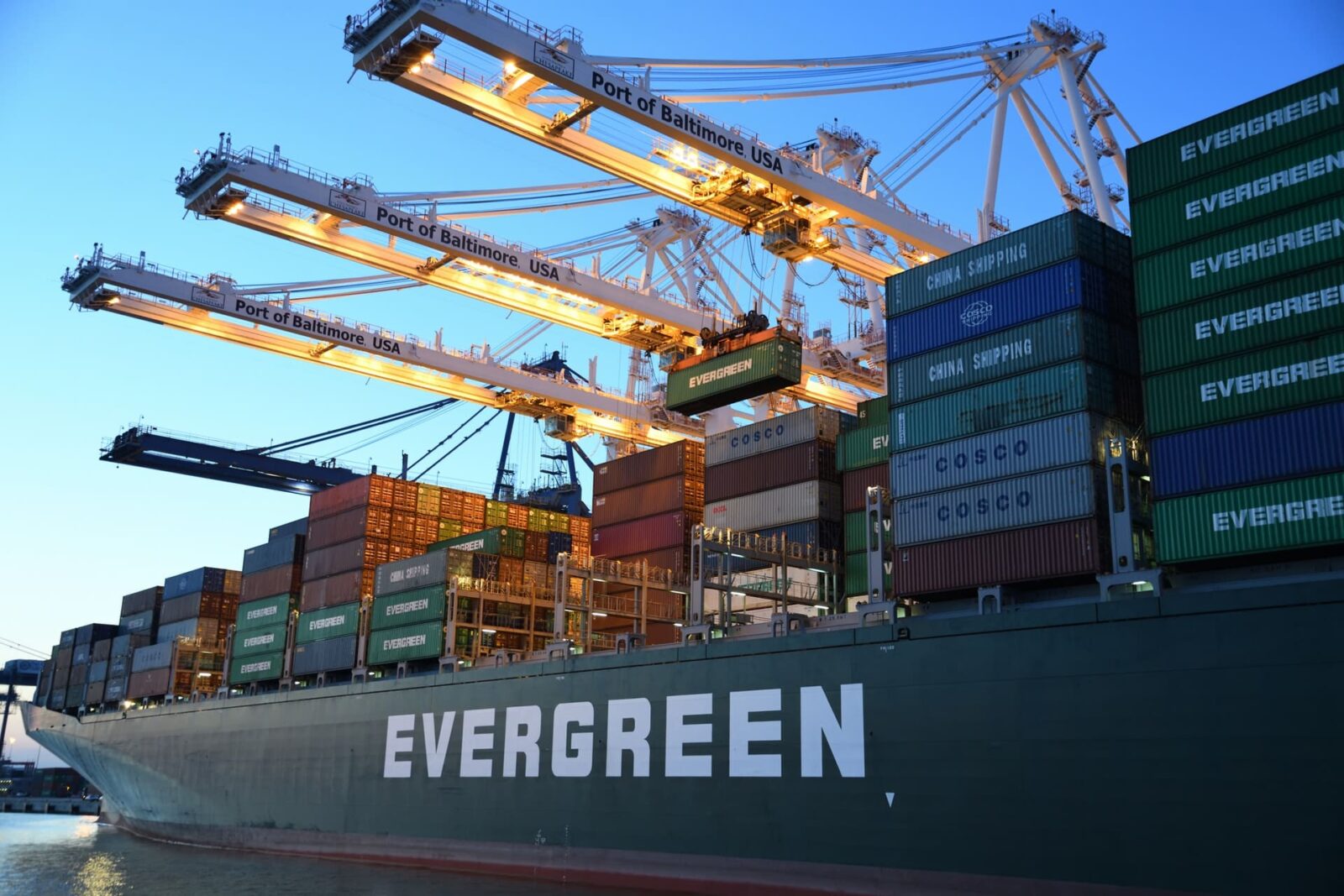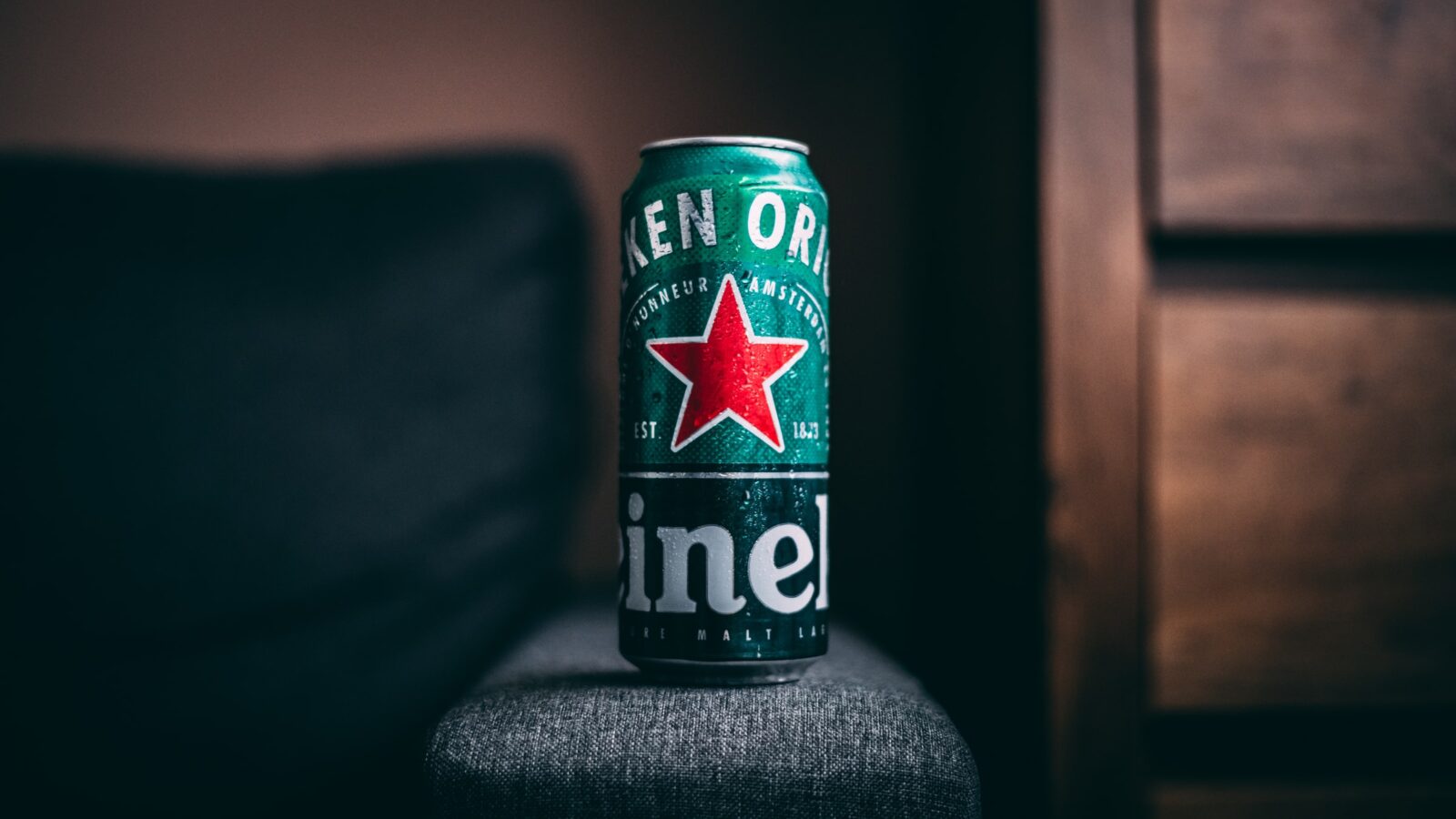Over the years, TAP® New York has developed into New York State’s largest craft beer festival in the number of brewers attending.
Starting in 2006 with 3,000 people and less than 30 breweries, the original Atlantic City Beer Festival or “Celebration of The Suds” was born. Over the past 16 years, their event has undergone countless changes, added innumerable breweries to the roster, and to date has seen nearly half a million people!
Revolution Brewing is introducing Freedom Lemonade, a new evolution of the brewery’s Freedom Session Sours made with real fruit. Freedom Lemonade sparkles with homemade flavor, joining bright lemon sweetness with a naturally tart, effervescent finish. It’s refreshing and sessionable at 4.5% ABV.
Alcohol e-commerce and on-demand delivery platform Drizly released its third annual BevAlc Insights by Drizly Retail Report, culled from a nationwide survey of over 500 alcohol retailers during November 2021, and it looks like craft beer is poised to reclaim shelf space from hard seltzer in 2022.
German start-up Saccha claims its alternative protein has the functionality of egg, but without the chicken.
Total beverage alcohol eCommerce sales across key global markets are expected to grow by 66% over five years, reaching more than $42bn, according to new data from IWSR Drinks Market Analysis.
As we wrap up another delicious year in craft beer, let’s look back at beer geeks’ favorites from independent craft breweries. Here are the Top 20 highest member-rated brews featured by app-based bottle shop Tavour in 2021.
Last year, the owner and brewer of Urban Artifact Brewing Company in Cincinnati spent nine months waiting for an order of the tropical superfruit to get filled from a supplier in Vietnam, a major lychee exporter. His shipment never left Southeast Asia, posing big problems for Urban Artifact’s Petroglyph beer, a top seller.
While craft beer drinkers in Kansas, Oklahoma, Missouri and Wyoming can enjoy Wichita beer, the brewery has been trying for a year to sell its beverages in Minneapolis. Its inability to do so is thanks to post-Prohibition state laws that force most breweries to rely on a limited number of distributors to get their products into stores, bars and restaurants.
